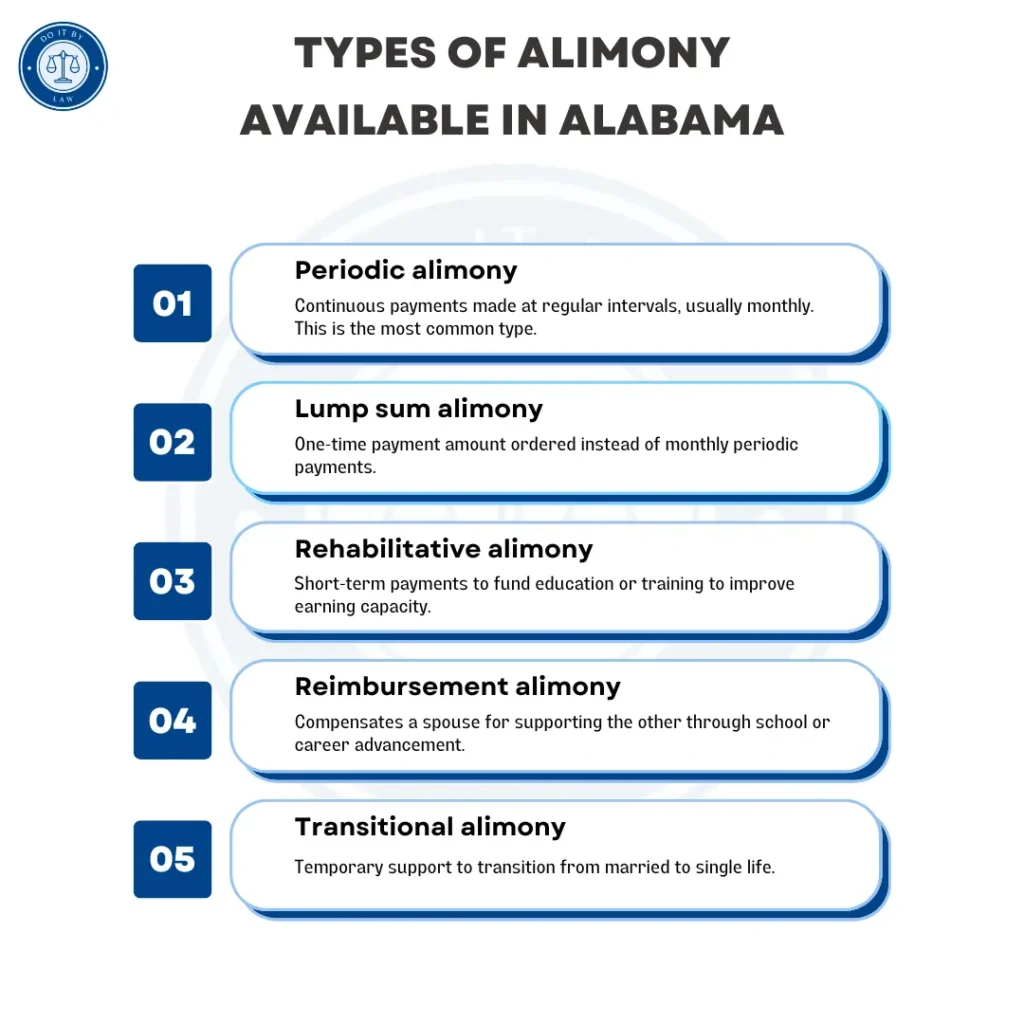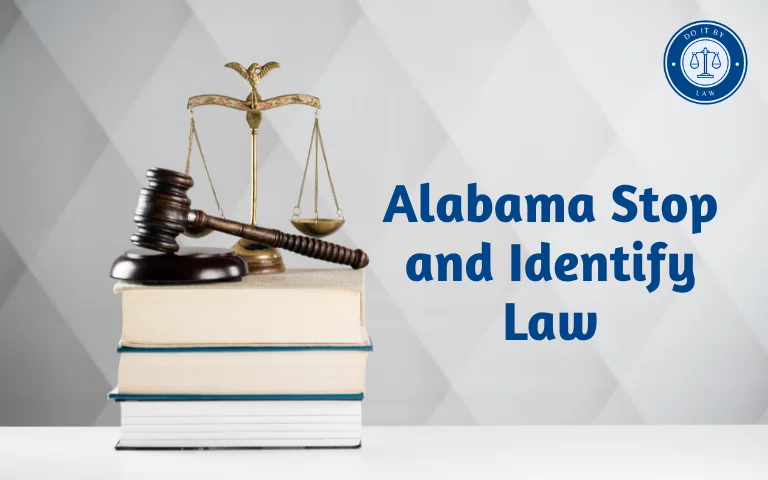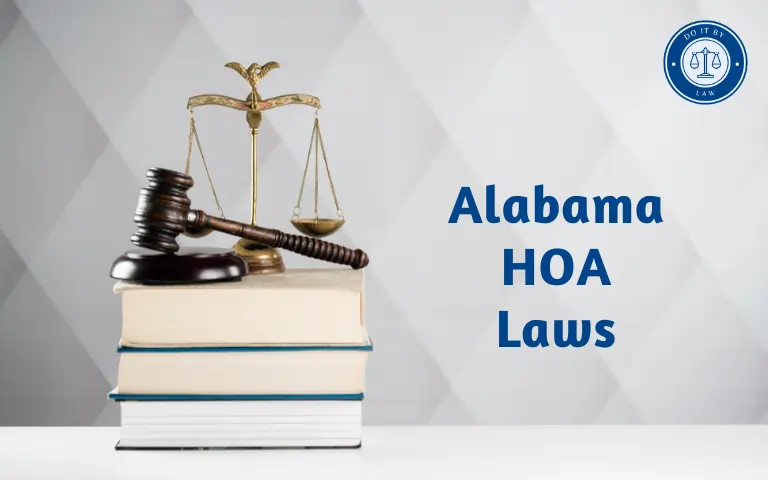Alabama Alimony Laws: What You Need to Know
Alimony, also known as spousal support or spousal maintenance, refers to payments made by one spouse to the other after a divorce in the state of Alabama. Alimony is intended to help provide financial support for an ex-spouse who is unable to be self-supporting after a divorce. Alabama alimony laws outline factors courts consider when determining alimony awards, types of alimony available, duration and termination of alimony, and more.
This article will provide an overview of Alabama alimony laws – when they were enacted, who they apply to, key provisions, recent changes, controversies, and frequently asked questions. Having a solid understanding of Alabama laws is important for anyone considering or going through a divorce in the state.
When Were Alabama Alimony Laws Enacted?
Alabama alimony laws have evolved through legislation and court rulings. Spousal support provisions were included in Alabama divorce law as early as the 1850s. The state legislature has amended and added to the alimony statutes several times over the years.
Major changes came in 1979, 1995, 2001, 2005, 2015, and 2018. Courts have also made rulings that interpret, reinforce, or build upon the statutory alimony laws in Alabama. So while the basics of alimony have existed in Alabama for over 150 years, there have been many important developments regarding the specifics of alimony awards.
Why Do Alabama Alimony Laws Exist?
There are several public policy reasons behind Alabama alimony statutes:
- To financially assist a spouse who cannot be self-supporting after a divorce, especially if one spouse was financially dependent during the marriage.
- To partially equalize the financial positions of the spouses after divorce.
- To have spousal support paid by the higher-earning spouse if there is a large disparity in incomes.
- To maintain the receiving spouse’s standard of living as close as possible to what it was during marriage.
- To fairly compensate a spouse who contributed non-monetary assets to the marriage, such as being a homemaker or raising children.
- To have some parameters around alimony awards so they are reasonably fair and consistent.
Who Do Alabama Alimony Laws Apply To?
Alabama alimony statutes apply to couples who divorce in the state of Alabama. The laws apply whether the couple was married in Alabama or another state. Alabama domestic relations courts have jurisdiction over alimony matters for Alabama residents. Non-residents who divorce in Alabama are also subject to the state’s alimony laws.
The laws apply both to traditional marriages and common-law marriages recognized in Alabama. Same-sex couples are included after the 2015 Supreme Court ruling legalizing gay marriage nationwide. Both male and female spouses are eligible for alimony under the gender-neutral statutes.
Key Provisions of Alabama Alimony Laws
Alabama alimony statutes in the Domestic Relations Title 30 contain several key provisions:
Types of Alimony
There are several types of alimony available in Alabama:

- Periodic alimony – Continuous payments made at regular intervals, usually monthly. This is the most common type.
- Lump sum alimony – One-time payment amount ordered instead of monthly periodic payments.
- Rehabilitative alimony – Short-term payments to fund education or training to improve earning capacity.
- Reimbursement alimony – Compensates a spouse for supporting the other through school or career advancement.
- Transitional alimony – Temporary support to transition from married to single life.
Duration and Termination of Alimony
- Judges have discretion on duration based on factors like length of marriage. Alimony typically lasts from 1 to 5 years.
- Alimony usually terminates at the remarriage or death of the receiving spouse.
- Cohabitation with a romantic partner can also lead to termination in some cases.
- At retirement age, alimony is often reduced but not ended entirely.
Factors in Determining Alimony Awards
Courts look at a variety of factors when setting alimony amounts and duration, including:
- Length of the marriage
- Age and health of the spouses
- Future employment prospects and earning potential
- Standard of living during marriage
- Contributions to the marriage such as raising kids
- Financial needs and resources of each spouse
- Infidelity or domestic violence by either spouse
- Tax consequences
Modification or Termination of Alimony
- Either spouse can request the court to modify alimony if financial circumstances substantially change.
- Alimony ends if the receiving spouse remarries or passes away.
- Court-ordered termination upon cohabitation with a new partner.
- Paying ex-spouse’s retirement is grounds for reduction or termination.
Enforcement of Alimony Orders
- Contempt of court charges can be filed for failure to pay.
- Wage garnishment makes it possible to collect past-due alimony.
- Interest accumulates on late alimony payments.
- Nonpayment can result in liens or seizure of assets.
Recent Changes to Alabama Alimony Laws
Some recent notable changes include:
- 2018:-update providing guidelines for alimony duration based on length of marriage. Established presumption that short-term marriages under 5 years may not qualify for alimony.
- 2016:-law preventing courts from considering marital fault when setting alimony, except in cases of domestic violence.
- 2015:- amendment terminating alimony if the recipient spouse cohabits with a romantic partner unless proven otherwise.
- Addition of reimbursement alimony as an allowable type of spousal support.
Controversies and Debates Related to Alabama Alimony Laws
There are differing perspectives on aspects of Alabama alimony statutes, leading to some controversies and debates:
- Some argue alimony should be eliminated, while others want alimony expanded.
- Disagreement over whether marital fault should be a factor in alimony decisions.
- Debate over whether cohabitation alone should end alimony obligations.
- Whether alimony formulas rather than judicial discretion would be more fair.
- If alimony duration caps restrict judicial authority to order appropriate support.
- If linking duration to length of marriage disproportionately harms long-term homemakers.
- The public policy debate over individual self-sufficiency versus support after interdependence.
In general, Alabama alimony laws attempt to balance multiple valid viewpoints and interests, which inherently involves some ongoing debate and efforts to find the right equilibrium.
Frequently Asked Questions About Alabama Alimony Laws
Conclusion
Alabama alimony laws have evolved over time to regulate financial spousal support after divorce. The statutes give courts discretion to determine fair alimony on a case-by-case basis. The laws aim to balance the interests of both spouses and set reasonable parameters for duration, modification, and enforcement.
Parties divorcing in Alabama should become familiar with the state’s alimony provisions and interpretative case law precedents when addressing this aspect of divorce. Understanding Alabama’s framework for spousal maintenance can help negotiate a settlement or litigate an alimony outcome aligned with the law’s intent.
References/Citations:
[List 3-5 citations to Alabama alimony statutes, legislative history references, and seminal court decisions interpreting the state alimony laws]







